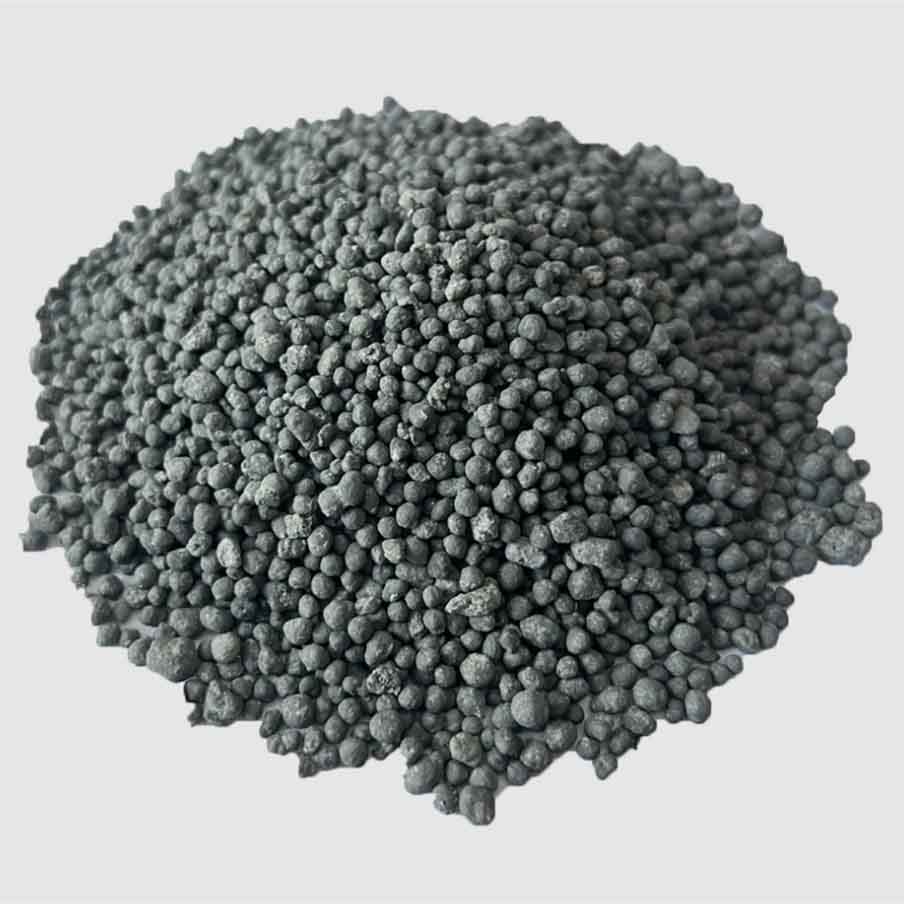
Dec . 04, 2024 21:04 Back to list
best blueberry organic fertilizer
The Best Blueberry Organic Fertilizer A Guide to Healthy Blueberry Plants
Blueberries are not only delicious and packed with nutrients; they are also a fantastic addition to any garden. However, to ensure that your blueberry plants thrive and produce a bountiful harvest, it is essential to provide them with the right nutrients. One of the best ways to do this is by using organic fertilizers. This article will guide you through the selection of the best organic fertilizers to promote healthy, vigorous blueberry plants.
Understanding Blueberry Nutritional Needs
Blueberries thrive in acidic soil with a pH level between 4.5 and 5.5. They require certain nutrients in varying amounts, including nitrogen, phosphorus, potassium, calcium, magnesium, and sulfur. Organic fertilizers can supply these essential nutrients while also improving soil structure and health. When choosing an organic fertilizer, it's crucial to consider the specific needs of your blueberry plants.
The Best Types of Organic Fertilizers for Blueberries
1. Fish Emulsion Fish emulsion is a fast-acting organic fertilizer that provides a balanced mix of nitrogen, phosphorus, and potassium. It is rich in micronutrients that support overall plant health. Applying fish emulsion in early spring when blueberry plants are preparing for the growing season can give them a significant boost. Dilute it according to the manufacturer’s instructions before application to prevent burning the roots.
2. Compost Homemade or store-bought compost is a fantastic organic option. Compost enriches the soil, adds beneficial microbes, and helps retain moisture. It also has a balanced nutrient profile that can meet the requirements of blueberry plants. Spread a layer of compost around the base of the plants during the growing season and mix it into the soil to promote healthy root development.
3. Blood Meal Blood meal is a concentrated source of nitrogen, making it ideal for promoting lush, green foliage in blueberry plants. It is particularly useful in the spring when blueberry plants are coming out of dormancy and require a nitrogen boost. However, it should be used sparingly, as too much nitrogen can lead to excessive leaf growth at the expense of fruit production.
4. Bone Meal Bone meal is an excellent source of phosphorus, which is vital for root development and flowering. Incorporating bone meal into the soil at planting time can help ensure that your blueberries establish strong roots and produce abundant flowers, leading to a fruitful harvest. It is particularly beneficial in the spring when the blueberry plants are preparing to bloom.
best blueberry organic fertilizer

5. Kelp Meal Kelp meal is a great source of potassium, which is crucial for the overall health of your blueberry plants. It helps with fruit formation and improves disease resistance. Kelp meal is also rich in trace minerals and growth hormones that can enhance plant vigor. Mix it into the soil or use it as a top dressing during the growing season.
6. Aged Manure Well-aged manure from cows, horses, or chickens can provide a slow-release source of nutrients. It improves soil structure and microbial activity, making it a beneficial addition to your garden. Ensure that the manure is well-aged to prevent any potential burning of the plants and to minimize the risk of pathogens.
Tips for Fertilizing Blueberries
- Timing is Key Fertilize blueberry plants in early spring as they begin to leaf out and again in late spring. Avoid fertilizing in the fall, as this can lead to excessive growth that may not harden off before winter.
- Soil Testing Conduct a soil test before applying fertilizers to determine nutrient levels and pH. This helps to tailor your fertilizer application to the specific needs of your soil and ensures optimal conditions for your blueberries.
- Application Method Always follow the manufacturer’s instructions for application rates and methods. Over-fertilizing can harm the plants and lead to nutrient imbalances.
Conclusion
Choosing the best organic fertilizer for your blueberry plants is crucial for their health and productivity. By understanding their nutritional needs and selecting appropriate organic options, you can create an optimal growing environment. Incorporate a variety of organic fertilizers such as fish emulsion, compost, blood meal, bone meal, kelp meal, and aged manure to ensure your blueberries flourish. With proper care and the right nutrients, you’ll be on your way to enjoying sweet, home-grown blueberries right from your garden. Happy gardening!
-
Premium 8 12 16 Fertilizer – High-Efficiency Compound & Granular NPK Supplier
NewsJun.10,2025
-
High Quality Agricultural Grade NPK Fertilizer Manufacturer & Supplier Reliable Factory Price
NewsJun.10,2025
-
Organic Fertilizer for Corn Boost Yield Sustainably
NewsJun.10,2025
-
Organic Fertilizer for New Plants Natural Growth Boost & Eco Nutrients
NewsJun.10,2025
-
Optimized Hydroponic NPK Fertilizer – Fast Growth & Nutrients
NewsJun.09,2025
-
Top-Rated NPK Fertilizer for Fruit Trees - Boost Growth & Yield
NewsJun.09,2025
